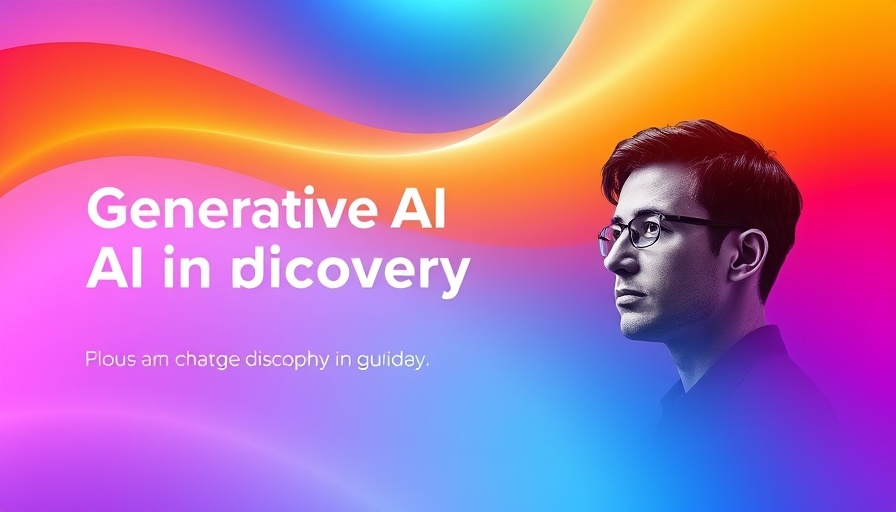
How Generative AI is Transforming Drug Discovery
The process of bringing a new drug to market has historically been a lengthy, costly endeavor, often stretching over decades and requiring billions of dollars in investments. However, advances in generative AI are fundamentally changing this narrative, making drug discovery faster and more efficient. In this article, we will explore how generative AI is revolutionizing the pharmaceutical industry, particularly in medical imaging and clinical data analysis.
Understanding the Power of Generative AI
Generative AI uses sophisticated algorithms to analyze vast amounts of data, providing insights that were previously unattainable. For instance, one of its remarkable applications is in analyzing medical images. Traditional methods of pathology often relied on the human eye to detect abnormalities in tissue samples, a practice fraught with limitations. With the introduction of digital imaging, AI can process images with stunning precision, identifying cancerous cells and other critical details that could be overlooked by human pathologists.
The Role of AI in Medical Imaging
AI’s ability to interpret medical images provides a significant advantage in early disease detection. By leveraging techniques like generative adversarial networks (GANs) and variational autoencoders, AI can analyze detailed images containing over 100,000 pixels, extracting valuable information that aids in diagnosis. For example, AstraZeneca has pioneered the use of generative AI in their drug research, helping to predict patient outcomes and determine how patients might respond to specific treatments.
Challenges and Ethical Considerations
While the potential of generative AI in drug discovery is immense, it does not come without challenges. Building trust with medical professionals, navigating regulatory environments, and ensuring data privacy are paramount concerns. Generative AI models need to be transparent and explainable, fostering trust among healthcare providers. Moreover, regulatory bodies must adapt to these technological advancements to establish guidelines that ensure safety and efficacy without stifling innovation.
Future Prospects of AI in Drug Development
The implications of generative AI extend beyond just speed and efficiency; they signal a transformative shift in how drugs are discovered and developed. As AI continues to evolve, we can expect more personalized treatment options tailored to individual patient profiles. This pivot not only enhances the healthcare landscape but also contributes to better health outcomes, greater patient satisfaction, and ultimately, a more streamlined drug development process.
In Conclusion
Generative AI is poised to revolutionize the drug development sector, answering the industry's long-standing call for innovation and efficiency. By embracing these technologies, pharmaceutical companies can not only expedite the development of new medications but also improve patient care significantly. To delve deeper into this topic, learn about the unique applications of AI in healthcare and stay updated on trends that will shape the industry.
 Add Row
Add Row  Add
Add 




 Add Row
Add Row  Add
Add 

Write A Comment